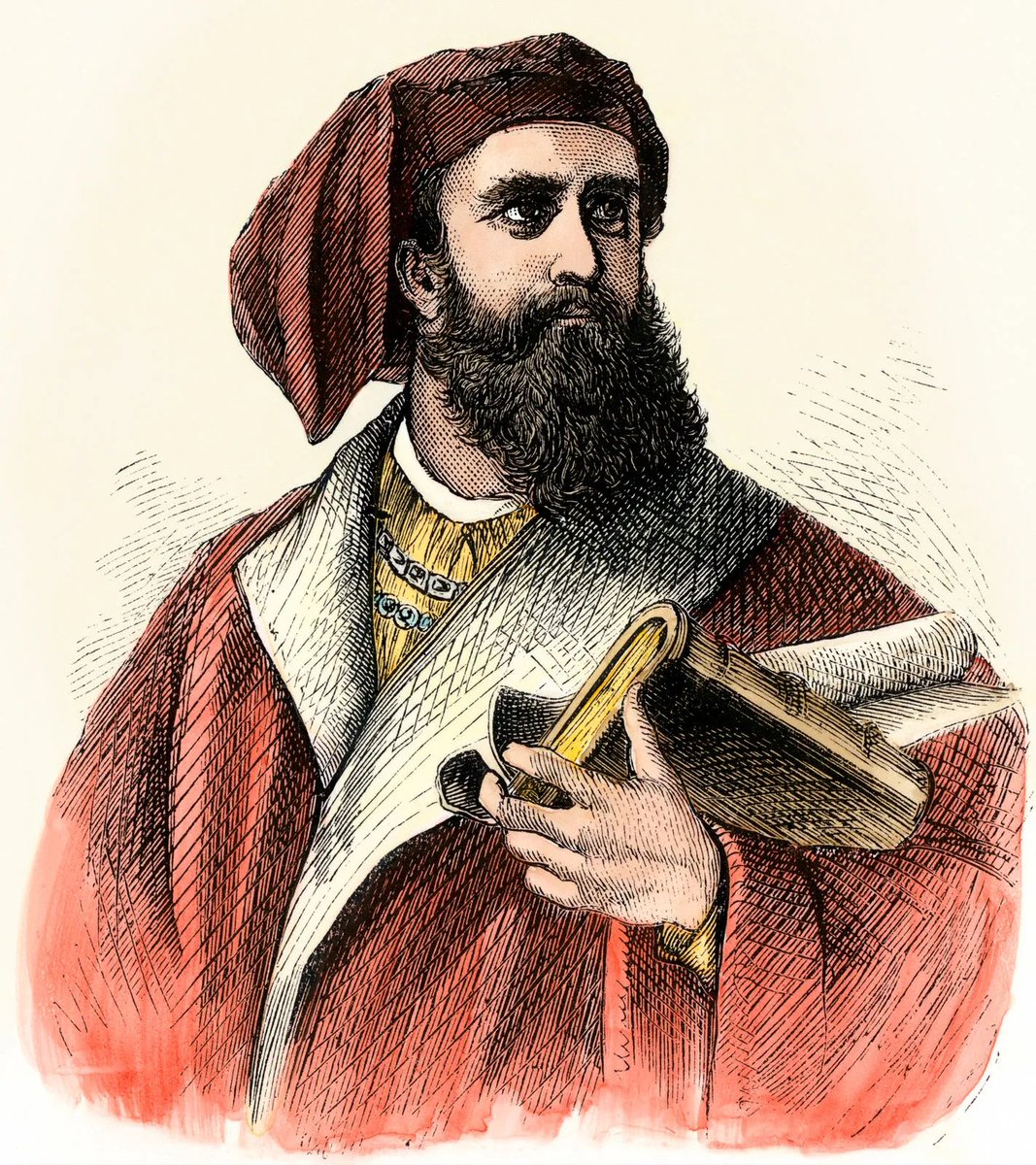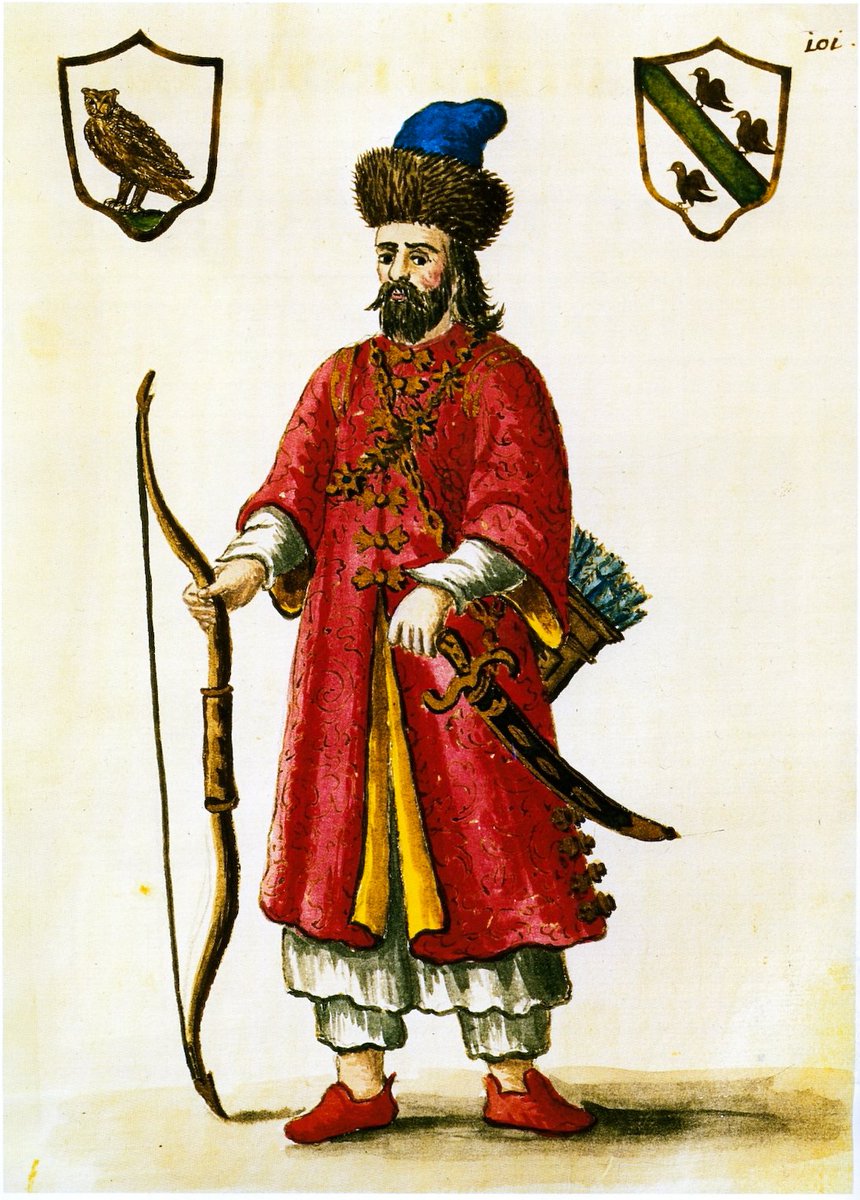Alexander’s Indian Conquest: Why He Returned Without Conquest? #alexanderthegreat #hidispus #indus #macedonia 

Alexander the great was one of the greatest emperors the world has seen. He conquered world’s biggest armies, kingdoms and rules. He was also the role model for many great conquerors and emperors that came after him including for Julius Caesar.
In fact, it is said that Julius Caesar wept in front of the statue of the Macedonian emperor, Alexander, and when asked for the reason he said at my age of 32 years, Alexander had conquered the whole world, while I am yet to do anything noteworthy.
However, Alexander the great, after conquering almost all the known world, returned from India without conquering it.
What could be the reason?
Firstly, Alexander had conquered armies far bigger than of Indian kingdoms.
Firstly, Alexander had conquered armies far bigger than of Indian kingdoms.
For example, he had conquered Babylonia, Persia and Mesopotamia before he reached India. Secondly, Alexander was a much better and strategic leader compared to all the other rules of Indian kingdoms at that time. He had even conquered one of the greatest emperors of the time,
Darius III of Persia. Lastly, Alexander had already conquered more than 3 million square miles of land, which even the greatest emperors of India could even dream of.
With all these advantages, why was Alexander not able to conquer India? My three theories are below. Firstly, Alexander’s army might have been home sick after so many years of expeditions which took them from far far away Macedonia all the way to India.
They were on the battle fields for almost 10 years and now they wanted to go back and see their parents, wives and children. Secondly, Alexander’s army wandered for two years before they could get into India.
They wandered across rivers and mountains and deserts, before they could cross over to India. Hence, they might have been really tired.
Lastly, many soldiers in Alexander’s army were either injured from their last war in Persia or they have been hungry and tired.
Hence, many of them could have rebelled against Alexander to return home. Hence, he might have thought it is not worth it and might have decided to go back rather than take all the troubles and keep up with his conquests.
@ThreadReaderApp
unroll
unroll
@ThreadReaderApp
unroll
unroll
• • •
Missing some Tweet in this thread? You can try to
force a refresh



























